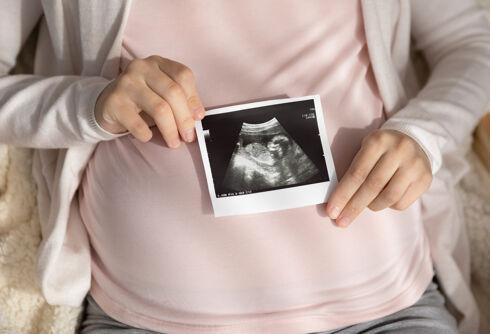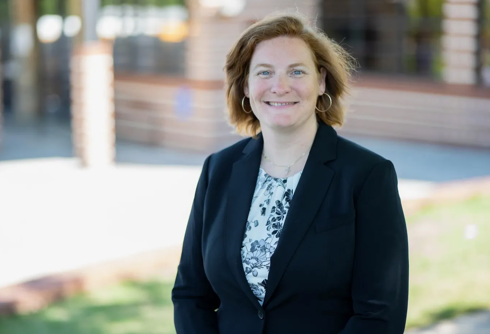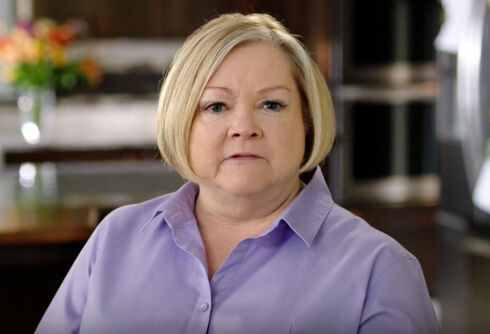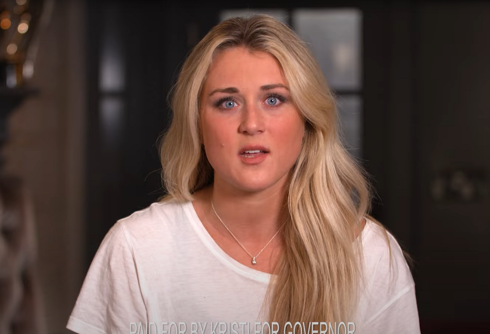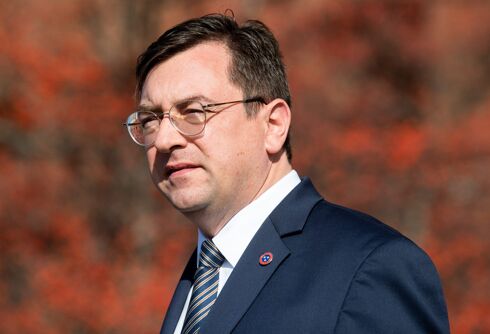In addition to protections for LGBT people, supporters said the measure but also beefs up the state’s existing hate crimes law, which they argued is difficult to enforce and makes it tough to seriously punish crimes intended to target someone based on race or religion.
Several conservative and religious groups opposed to the measure say they worry it makes thoughts and beliefs a crime and carves out special protections for some classes of people.
The proposal from Sen. Steve Urquhart, R-St. George, advances to the full Senate for a vote which likely won’t come until next week.
Urquhart told a Senate judiciary committee Thursday afternoon that targeting someone because of their race, religion or sexual identity is about more than just the harm to that specific person or their property.
“The intent of painting a swastika on a synagogue — yes, it’s to make graffiti, but it also is to intimidate the Jewish community,” he said.
Urquhart is working on an accompanying proposal to make it clear that a person’s membership in a specific group or hate speech along cannot be evidence that something was a hate crime. The comments or actions must be specifically related to the crime — such as stating an intent to attack a specific person because of their race, not past statements against members of a race.
Utah is one of 15 states with hate crime laws that lack protections for sexual orientation and identity, according to the Human Rights Campaign. The current law does not spell out any protected traits but instead speaks generally about crimes that cause a person to fear they cannot freely exercise their constitutional rights.
Under Urquhart’s proposal, someone convicted of a hate crime would face higher penalties for whatever crime they committed.
Forrest Crawford, a professor at Weber State University, spoke in support of the measure and said that while he may be intentionally targeted for a crime because he’s African American, “I believe that my community, that people who look like me, are equally as victimized.”
Dani Hartvigsen with the Coalition for the Preservation of Family Values said she worries it goes too far and would criminalize beliefs.
She said if two people were fighting and both were charged, but one person called the other a name during a fight, that person could face a stiffer penalty.
Dave Mallinak, a pastor at a Baptist church in Ogden, said he worried that by making it a hate crime to target someone based on specific characteristics, people who target someone because of other characteristics would not be equally punished.
Sen. Daniel Thatcher, R-West Valley City, said the measure doesn’t create special protections.
“We are not setting and saying certain people have more rights than others,” he said. “We are establishing that when an intent is especially malicious, that that individual should be treated as slightly more dangerous than someone without that intent and that malice.”
This material may not be published, broadcast, rewritten, or redistributed.





